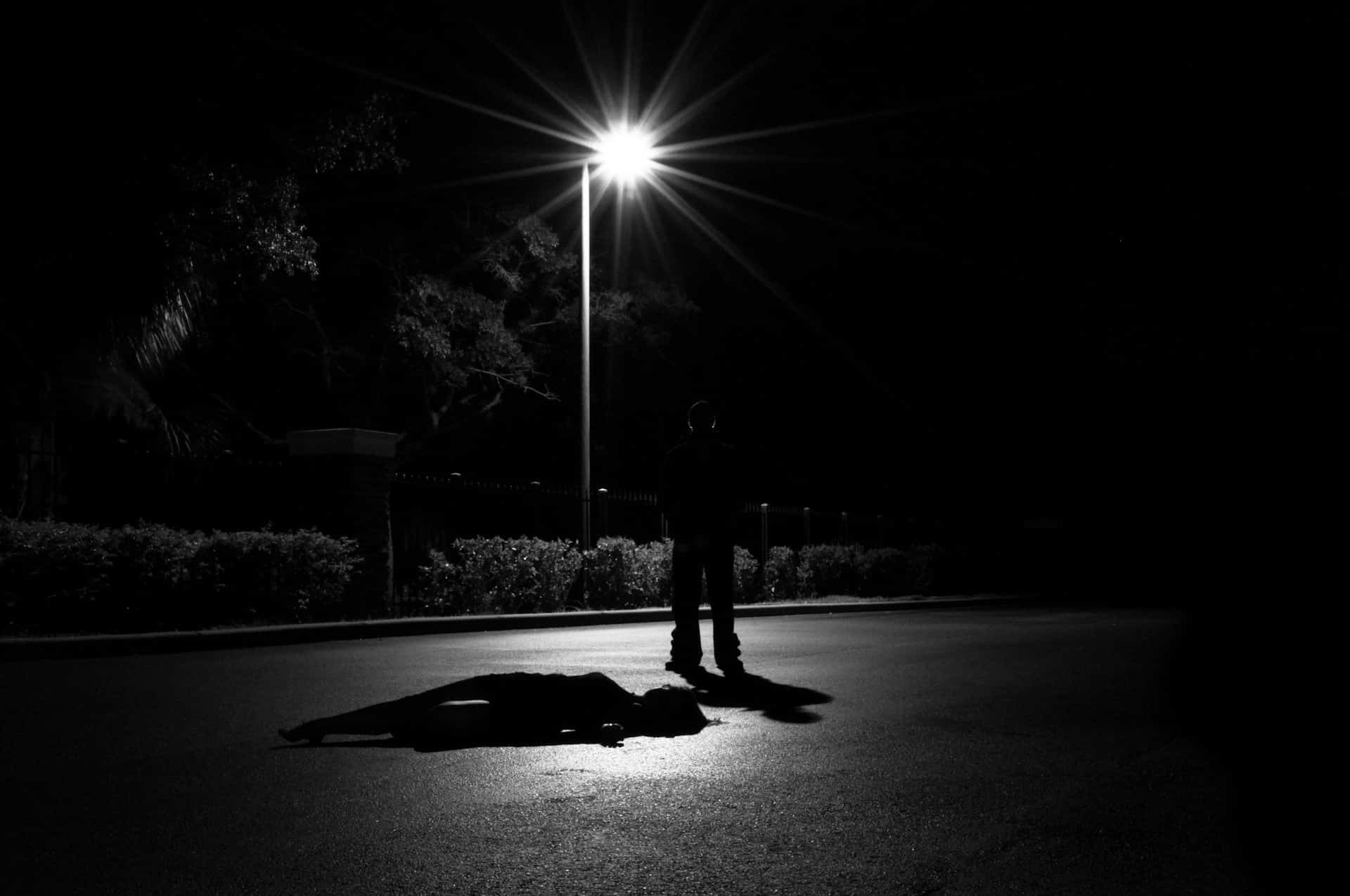
01 Feb How Does Arizona Define a Hate Crime?
As we roll into 2024, so does Arizona’s rise in hate crimes. And when these types of crimes are publicized, they bring up debates and questions about what this charge means. What qualifies as a hate crime? When does the First Amendment apply? In this post, we explain the definition of hate crimes in Arizona.
What Is a Hate Crime?
Hate crimes are any crimes committed against a person or their property because of their race, religion, sexual orientation, gender identity, physical ability, national origin, or gender. Examples of hate crimes include:
- Assault
- Harassment
- Vandalism
- Sexual Assault
- Theft
A hate crime is an aggravated charge that makes sentences for other crimes harsher. In order to be charged with a hate crime, the prosecution must show evidence that the act was committed because of the victim’s identity. Without this evidence, there cannot be additional punishments added to the defendant’s sentence.
What About Free Speech?
There is an old saying that goes: “The right to swing your arm stops at someone’s face.”
The First Amendment of freedom of speech gives us the right to object out loud. But just because we object to the lifestyles or beliefs of others, it does not give us the right to act upon our opinions. So while a philosophical belief will not land you in jail or prison, committing a crime because of your beliefs will.
Bias Crime vs. Hate Crime vs. Race Crime
Bias crimes are defined as criminal offenses that are committed against a person, property, group of people, or society, that are committed because of a prejudice, or bias, against a group to which the victim belongs. Race crimes are criminal offenses committed against others specifically because of their race. In Arizona, bias or race crimes are now both called hate crimes because the definitions are the same under the law.
What Are the Penalties for Hate Crimes in Arizona?
A hate crime is classified as an aggravated offense. This means that additional punishments can be added on to the sentence for a crime that was committed out of malice. For example, the sentence for vandalizing a place of worship will be harsher than a sentence for vandalism alone.
If a crime was committed out of hate or bias, a judge can lengthen the term of incarceration, require more be paid in fines or restitutions, and enact longer terms of probation or parole. For example, assault charges are typically a class 1 misdemeanor with punishments ranging from three years of supervised probation to 6 months in jail. However, if the assault charges are classified as a hate crime, they can carry punishments of three additional years in jail.
Every Defendant Needs a Lawyer
If you have been charged with a crime, you need legal representation. Being convicted of a crime can cost you job opportunities, housing, and even social connections. Fees, fines, and restitutions can cost you thousands of dollars, and the complex justice system makes it extremely difficult to represent yourself.
Todd Coolidge is one of Arizona’s best criminal defense lawyers. With a hands-on approach and an intricate knowledge of the Arizona court system, he can build a defense that will keep you at home instead of in prison. Don’t take the risk with an inexperienced lawyer—contact us today for a consultation on your case.
Images used under creative commons license – commercial use (1/31/24). Photo by Lacie Slezak on Unsplash.


